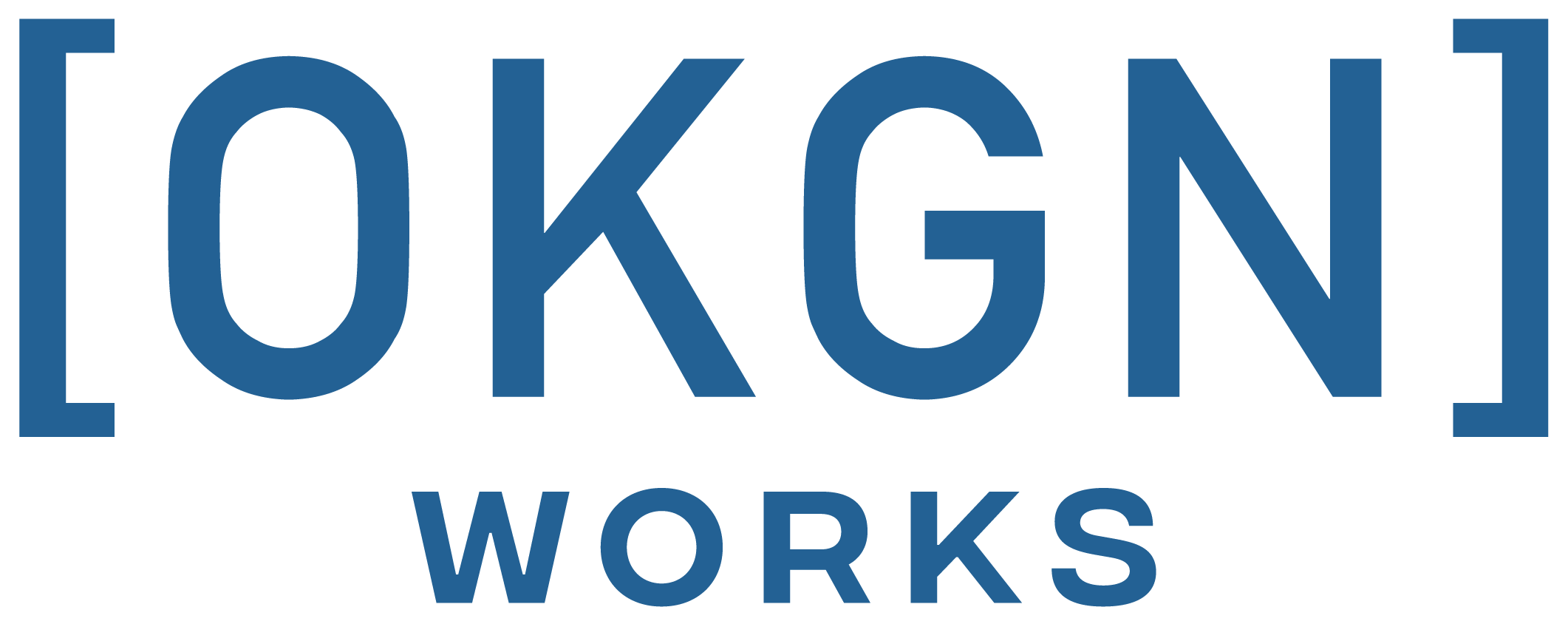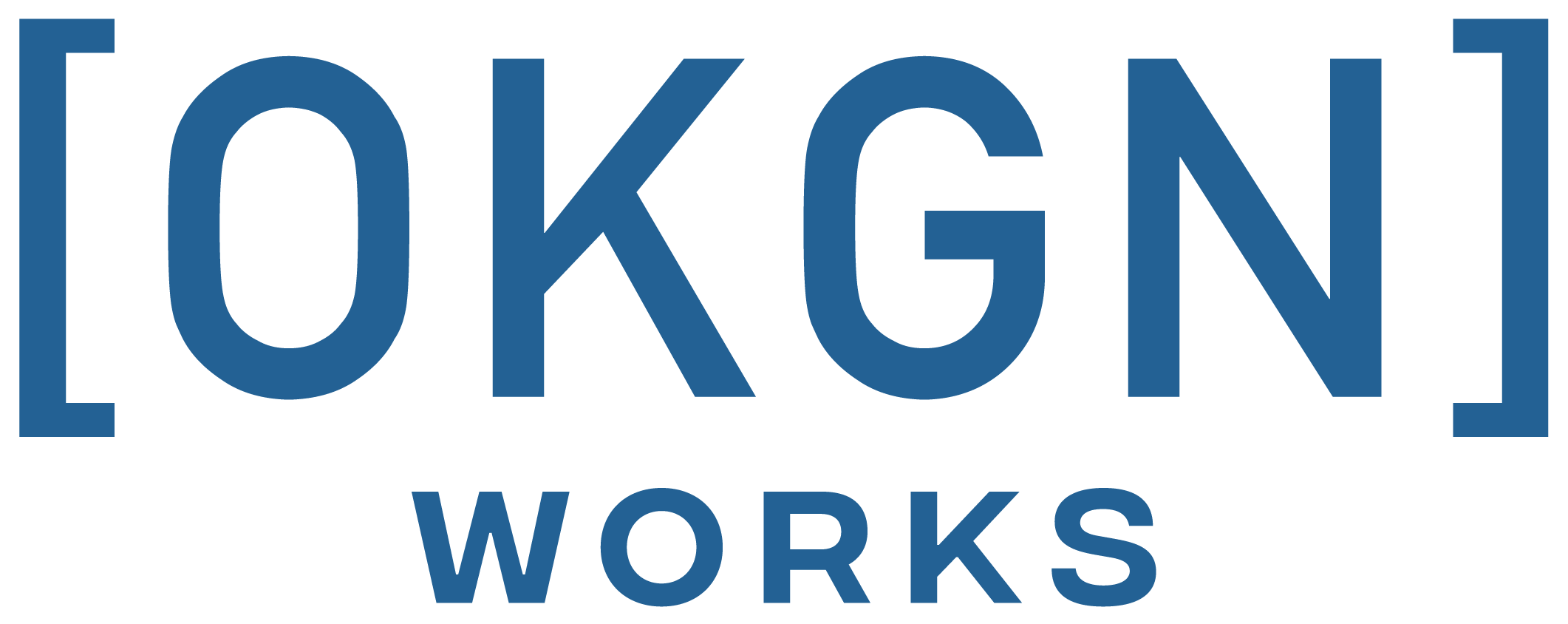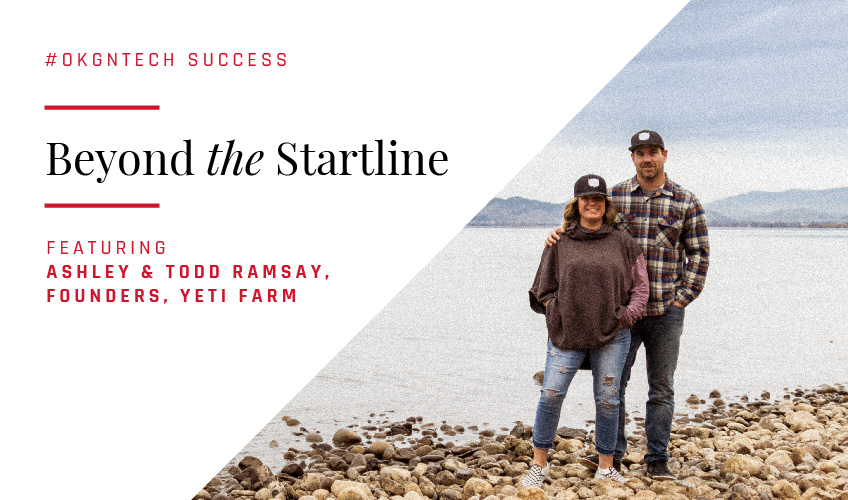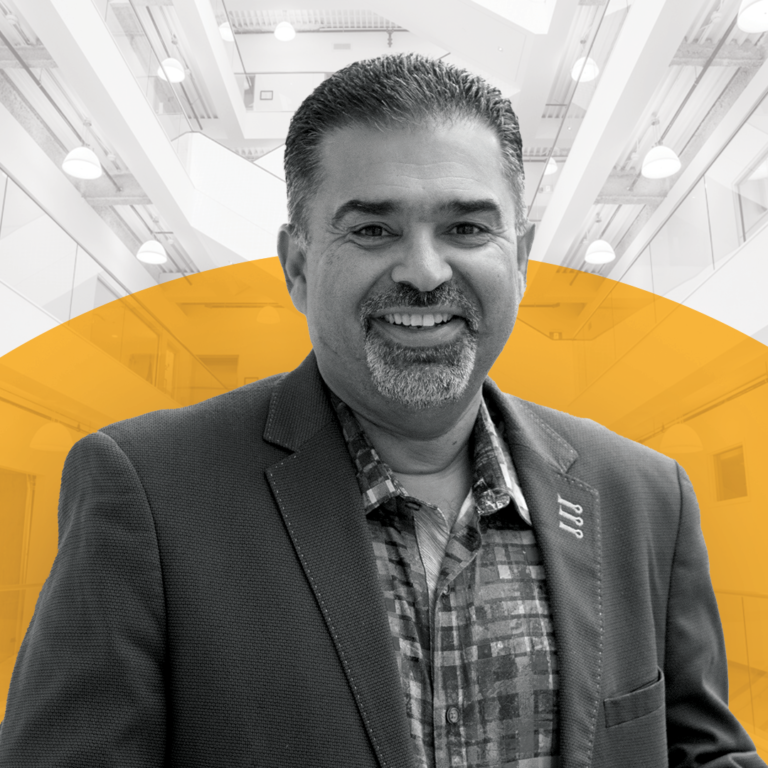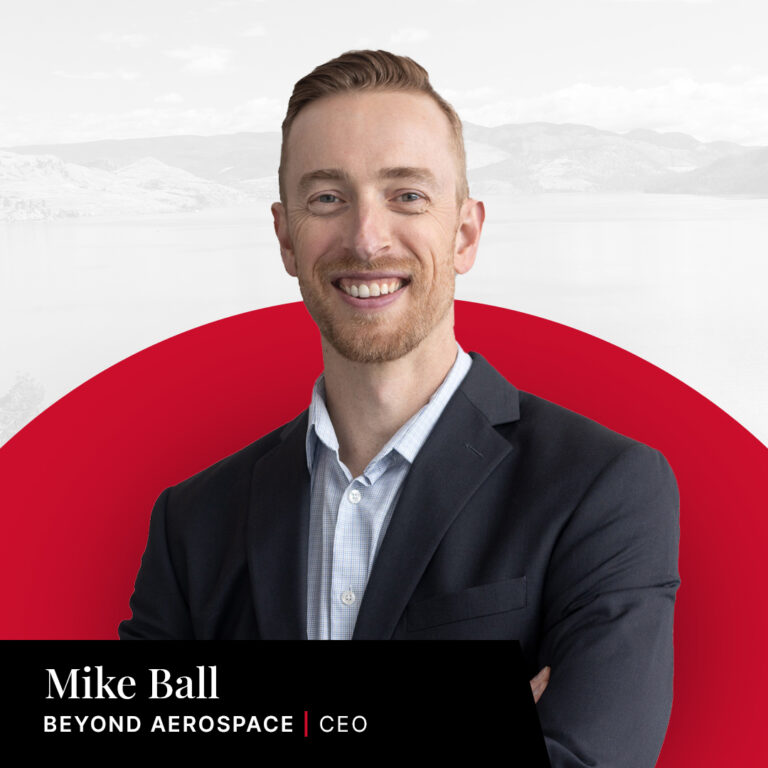
Yeti Farm is a Kelowna-based animation studio with a two-pronged business model. Not only does the studio service clients like Corus, Netflix, Amazon, and Nickelodeon but they also produce their own kids tv shows and franchises. In a nutshell, Yeti Farm creates relevant and engaging content for kids. We recently caught up with Ashley and Todd to get the skinny on what drives them to create cartoons, how they cope with high growth, and why they can’t stop loving the Okanagan.
Q. What inspired you to start an animation studio?
Todd: We actually founded the company in 2007 but at that point, it was just me, on a computer, in a basement in Port Moody. We had just had our first daughter and I had left the studio I was working with so I could stay home with her and Ashley could go back to work. In the beginning, it was just small freelance stuff for advertising agencies. Things didn’t really get going until we made the move back to Kelowna.
I think I was the original push to get things going. Ashley was working and I was stuck doing all this paperwork and contract stuff on top of all my animation work. I was really stuck in this rut and wasn’t able to focus on what I needed to focus on so, I convinced Ashley to leave her job and join me on the production side of things so I could focus on the creative side of things.
Ashley: I think that it was a little bit of nudging for me to be like “Alright see if we can go get a computer loan” and then when we got the approval back I was like “Oh crap, we are actually doing this!”. At that point, we both jumped in and picked up the pieces of the puzzle that needed to be put back together. We both just naturally fell into the roles that needed to be filled in the beginning.
Q. Is there a show that was kind of a breakthrough for your young studio?
Ashley: In 2012 we signed an output deal with another studio and the business and the creative that came out of that really helped to put us on the map. They were bigger names with the bigger broadcasters like Beet Bugs on Netflix.
Todd: Rocket Monkeys was a big one too. It’s a really funny, off-the-wall kind of show. It is a lot of fart jokes and underwear and that kind of fun stuff. At the time, a lot of animators were really into that kind of slapstick style and really enjoyed working on that kind of thing. I think having a show like that at our studio really helped us attract and retain talent.
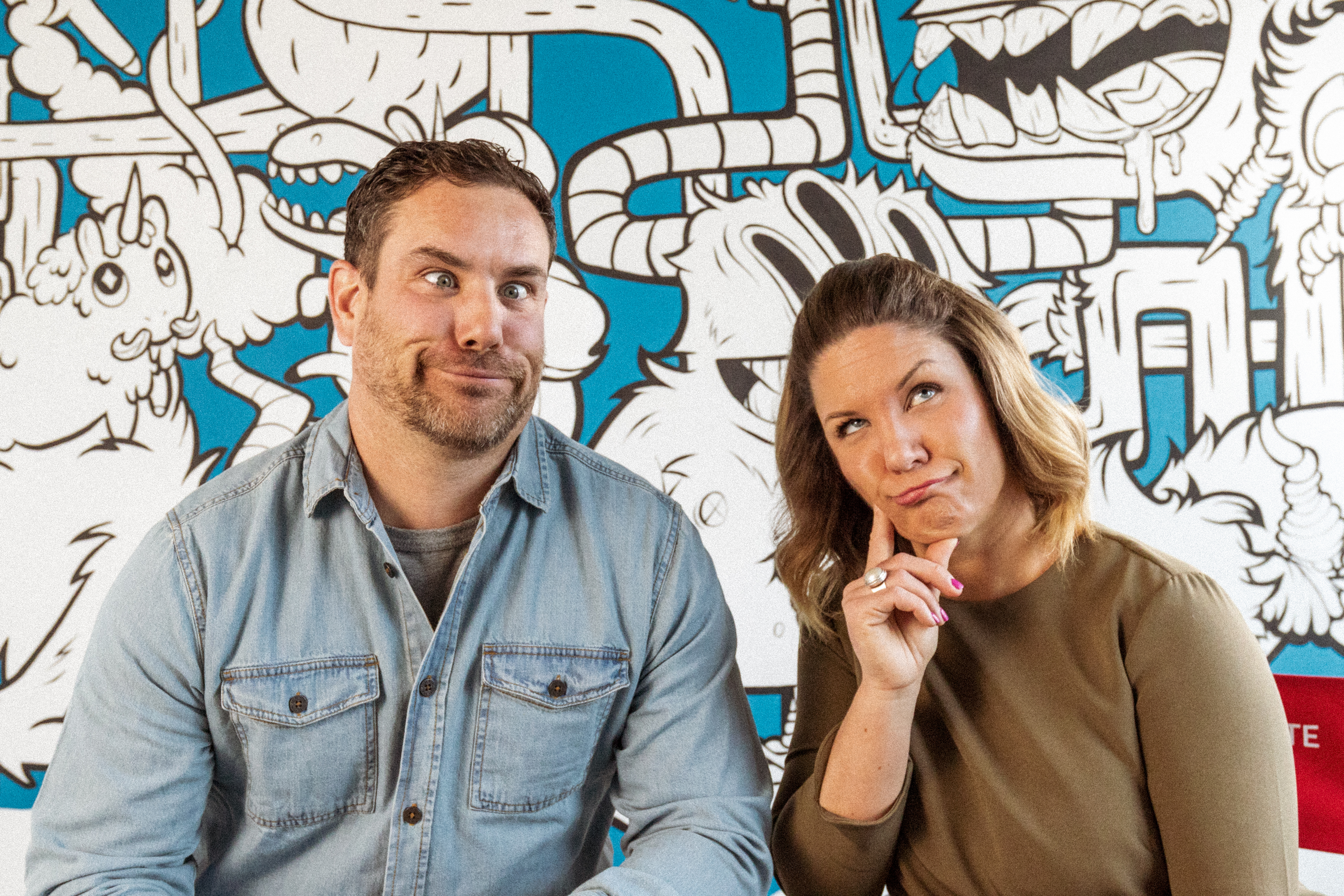
Q. Can you tell us about some of the shows that Yeti Farm has created in-house?
Todd: The Schnarg series is one of those projects that was born in the basement and is now in development with Amazon. I started with strange character drawings, then animated some of the characters and the ideas just kept flowing from there. Creating is probably my favourite part of the animation process. Coming up with ideas for shows, doing drawings in my basement, bringing characters to life—I just love that stuff.
Ashley: What’s cool about The Schnarg series is that the creative seed of the idea started with Todd but then it quickly became a team effort. While Todd and the animation team was bringing this beautiful morphing concept to life, I was taking it to market and making sure it got picked up. That was over two years ago and Amazon has been with us in the journey of Schnarg ever since. It is really exciting to think that Yeti Farm has produced one of Amazon’s first original animation shows.
Q. What are some of the biggest challenges you face as a growth-stage company?
Ashley: Talent and space! We are constantly looking for talented animators and then when we find them we need more equipment and we need more space. When we landed in Kelowna we opened a small, five-person studio on Ellis Street. So as the business began to grow we just kept knocking down walls and moving into new space in that building until we finally got too big and had to actually move. In terms of square feet, we’ve grown from about 1000 sq feet to 7000 in total space. We currently have about 70 employees and that number is projected to double in the next 12-16 months.
Todd: Finding talented animators is always a top priority for us. We travel around the country and attend animation festivals.e We also are also very involved with the schools here in the Okanagan, I’ll often go to KATO and Okanagan College and talk to the students. As a young studio it was harder to attract talent but now that we have our own unique shows in production and we are working with clients like Amazon and Netflix – it’s a lot easier to attract people. What is really cool is that when we first opened our doors we only had five people and three of them are still with us today.
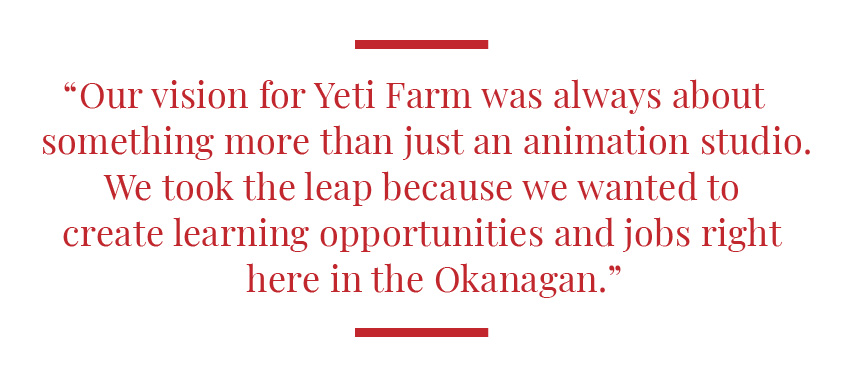
Q. Can you describe the culture at Yeti Farm and how you maintain that culture in periods of high growth?
Ashley: I think we’ve had one person quit in seven years and now she’s back working with us! We definitely have a family-like culture here at Yeti. The beautiful mural on the wall in our boardroom was actually painted by a handful of the original members of our studio, we could have never built this without them.
[Editor’s note: The mural is behind Ashley in Todd in the picture above^]
Todd: For years, Ashley and I worked in animation and we’ve seen a lot of different ways to run a studio. Some were profit-driven, others were artist driven. We’ve kind of taken bits and pieces from each studio and tried to create our own unique culture that inspires the artists. We host regular life drawing classes and Drink & Draw meetups where everyone will hang out in the studio on a Friday night. We play tunes and really just hash out ideas and drawings. This is a really good opportunity for our animators to develop their own concepts and ideas and get feedback from the team.
Ashley: We’ve actually been running something called Yeti Pitch Fest for a couple of years now. Every staff member gets six months to develop their idea and then pitch it. We’ve had a lot of success with that program. We’ve actually had one pitch that has already made it through to development. It’s pretty cool to know that we’ve created something here in the Okanagan that will be available in international markets.
Q.What is it like to be married to your business partner?
Ashley: You know, we just naturally fell into the roles that needed to be filled within the company from the very beginning and as we continue to grow, we seem to shift fairly seamlessly. This growth has also helped us find our strengths in each other and what lanes we want to be in. It can sometimes be a challenge to strike a good work/life balance, even when we don’t want to talk about work, sometimes we have to. What doesn’t get finished in the boardroom, often gets done in the kitchen while we’re cooking dinner.
Todd: We have definitely learned to let each other work to our strengths. I give Ashley feedback if I feel like there is feedback needed and she does the same. She does tend to cut me off a lot but that’s because she is so much smarter.
[Editor’s Note: this is a man who knows how to play his cards right].
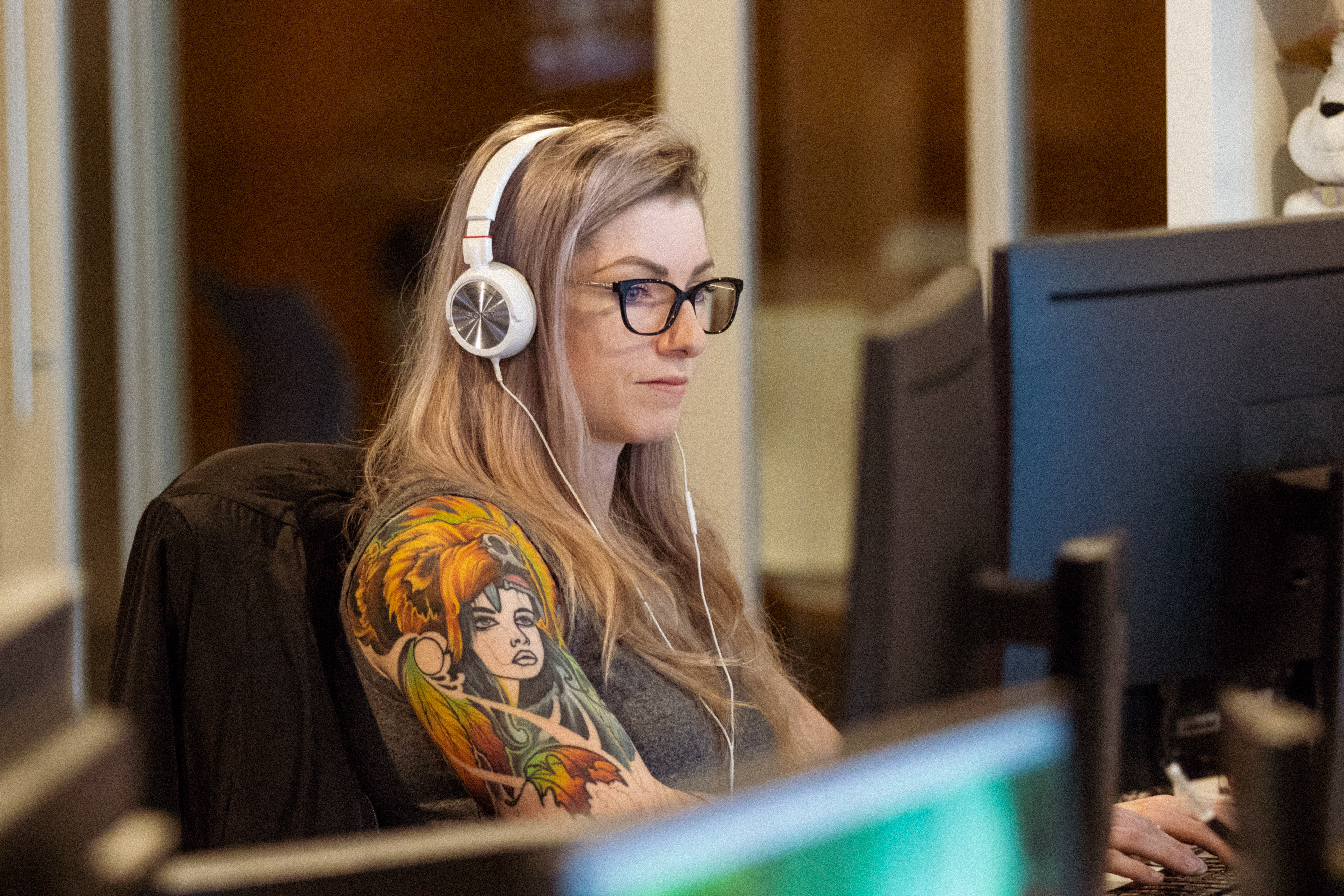
Q. What kind of impact has mentorship had on the growth and success of Yeti Farm?
Ashley: It’s funny because some of the issues we were facing, in the beginning, are things we are still facing today but just on a different scale. Partnerships, investment, strategic joint ventures, levelling up—they are the same issues, just a lot bigger. The nice thing this time is we’ve sort of had a practice run. I feel like I’ve earned an MBA in the last 5 years!
The mentorship support we received through Accelerate Okanagan and other industry partners really gave me an opportunity to step out of my business and work on my business, in a very laser-focused, human-to-human kind of way. At the time, I just didn’t have anyone that I could do that with and if it wasn’t for my those mentors, I don’t know how I would have gotten through that initial growth stage. Todd was so focused on the creative side of the business and making sure the talent piece was in place and the other pieces we left to me. Having good mentors made me feel like I wasn’t alone during a very important stage of our growth for Yeti Farm.
Q. What do you love about living and running a business in the Okanagan?
Todd: I was fortunate enough to be born here. My Dad actually moved here in 1977 shortly after I was born. I love that I got to grow up on the ski hill and in the lake. The only reason I moved to Vancouver was to attend film school but in the back of my mind, I always knew I would end up back in Kelowna. It took having our first child and really craving that built in babysitter so we could have a life again that inspired the move and honestly, we’ve never looked back. We just love it here.
Ashley: We founded our business here because we knew it was on the cusp of something bigger. At the time, we could see development starting to happen and there was sort of a buzz about the Okanagan. As a young and growing family, we were also feeling the pains what was happening in Vancouver. Prices, traffic, childcare costs were all kind of out of control. We really moved to Kelowna because we knew we wanted to raise our family and build our business here. Growing a business in the Okanagan has some serious advantages in terms of attracting talent. The Okanagan is hot and people really love the lifestyle here. I mean, we cut our commute time down from an hour and a half car ride to a 5-minute bike ride. You can’t really beat that.
Want to learn more about Ashley & Todd and the Yeti Farm Team? Read more. Watch the video.
